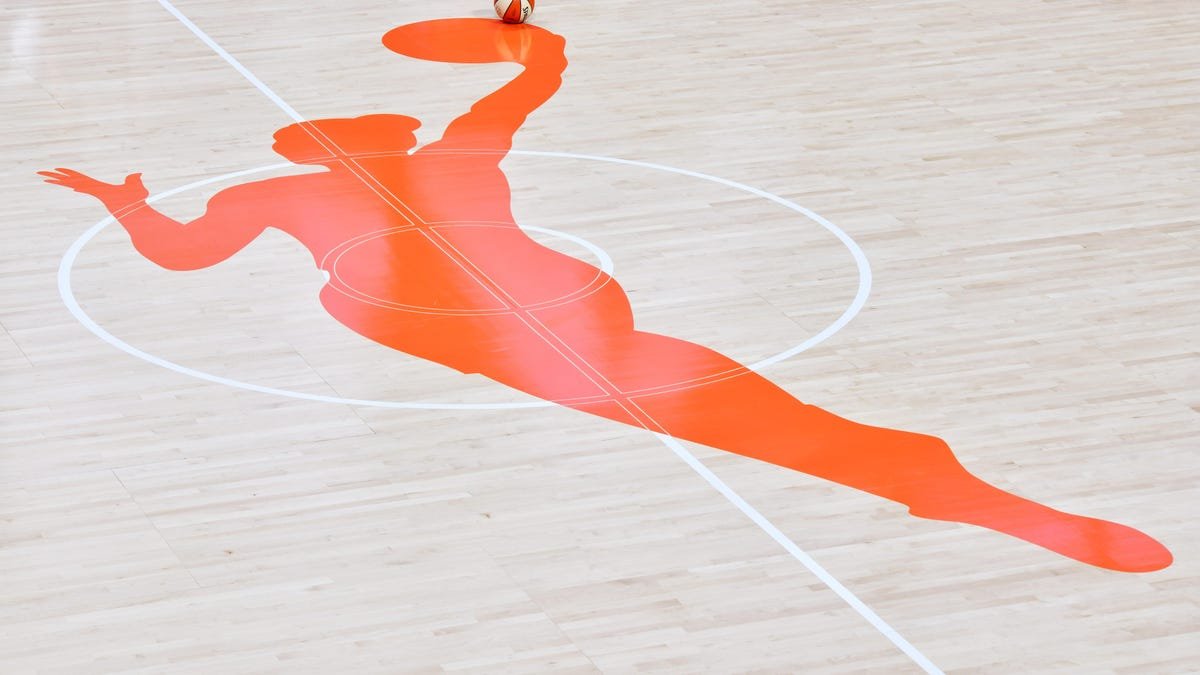In my school days, I had a remarkable friend who was an exceptional athlete. She possessed incredible skills, could outperform most of the boys in gym class, and excelled in various sports. With her tall and thin frame, short hair, and preference for gender-neutral athletic apparel, she didn’t conform to society’s traditional idea of femininity. Unfortunately, her outstanding abilities often led to taunts and accusations from opposing teams and their parents. They questioned her gender, casting a dark shadow on her self-esteem. As I reflect on those days, I am grateful that she played sports before the trans kid witch hunt that is sweeping conservative states today.
The trans community has become the target of the Republican party’s attention after losing the battle against demonizing same-sex marriage. The consequences of this shift are painfully clear to everyone who has ever participated in organized sports or has a child involved in them. Parents and coaches from opposing teams now actively target young women who don’t conform to society’s narrow definition of what a “girl” should look like. This witch hunt creates an environment of suspicion and accusation, threatening the few safe spaces that gender non-conforming girls have, such as team sports.
Recently, Natalie Cline, a Utah state school board member, faced calls for her resignation after falsely accusing a cisgender girl of being transgender on social media. Cline shared a public advertisement for a basketball game, accompanied by a comment questioning the girl’s gender. However, the teenager in question was biologically a girl and identified as one. Her parents described her as a “tomboy.” The harm caused by adults like Cline, who are obsessed with the genitals and sexual development of children, is profound and multi-layered.
Firstly, these adults have created an environment where any child who doesn’t fit society’s narrow gender norms must constantly be on guard. They risk being accused of being transgender and facing exclusion from sports events. Many of us have witnessed or experienced bullying and torment for not fitting into society’s binary gender ideals. If given the chance, I believe most of us would treat these children differently. Unfortunately, Cline’s Facebook post led to other adults chiming in on the girl’s appearance, further exacerbating the situation.
Secondly, individuals like Cline are the reason why states like Utah have targeted trans kids. In 2023, Utah banned gender-affirming care for minors and mandated that the trans community use bathrooms according to their assigned gender at birth. Forcing a 15-year-old trans girl to use the boys’ bathroom in a state where being transgender is policed and resisted against is a recipe for disaster.
In her “apology,” Cline defended herself by claiming she never directly said the student was a boy. She blamed her actions on the trans community, arguing that adults like her are trying to protect women’s sports and privacy spaces. However, her actions only contribute to the bullying of children online and pushing a harmful agenda. With Utah ranking last in America in spending per pupil and facing issues such as book banning and racism in public schools, Cline’s attention should be directed elsewhere.
These laws banning trans kids from participating in sports are often justified under the guise of “protecting girls’ sports.” However, girls’ sports have faced numerous barriers, such as lack of funding, limited access to facilities, and inadequate uniforms and equipment. The inclusion of trans girls has never hindered the ability of girls to participate in sports.
According to a UCLA study, only 1.4 percent of children aged 13-17 in America identify as transgender. In Utah, where approximately 75,000 kids play youth sports, only four identify as trans. These numbers hardly pose a threat to the integrity of girls’ sports. So why are we targeting and excluding these children?
The most damaging aspect of these bans is that they establish being transgender as something to be hidden and exposed. Adults speculating on the genitalia of children is not only invasive but also perpetuates the notion that being transgender is strange and wrong. What purpose does it serve? What do we achieve by labeling children as “different” and denying them the transformative experience of participating in sports alongside their peers?
Let’s be clear: the life of a child is more valuable than any trophy or record. More than 50 percent of trans and non-binary children in the US have considered suicide in the past year. Why are we pushing them closer to the brink? We should be creating an inclusive environment where every child, regardless of their gender identity, can find their team, community, and acceptance. Denying trans kids the opportunity to participate in sports they love forces them to choose between their identity and their passion. This is unnecessary and cruel.
We defend girls’ sports by promoting inclusivity and providing safe spaces for girls to participate. This includes trans girls, who deserve the same opportunities and acceptance as their cisgender peers. We must refuse to allow adult bullies like Cline and her “concerned parents” to demonize and exclude children. Let’s focus on creating an environment where every child can thrive and find acceptance in team sports, just as my remarkable friend did.





